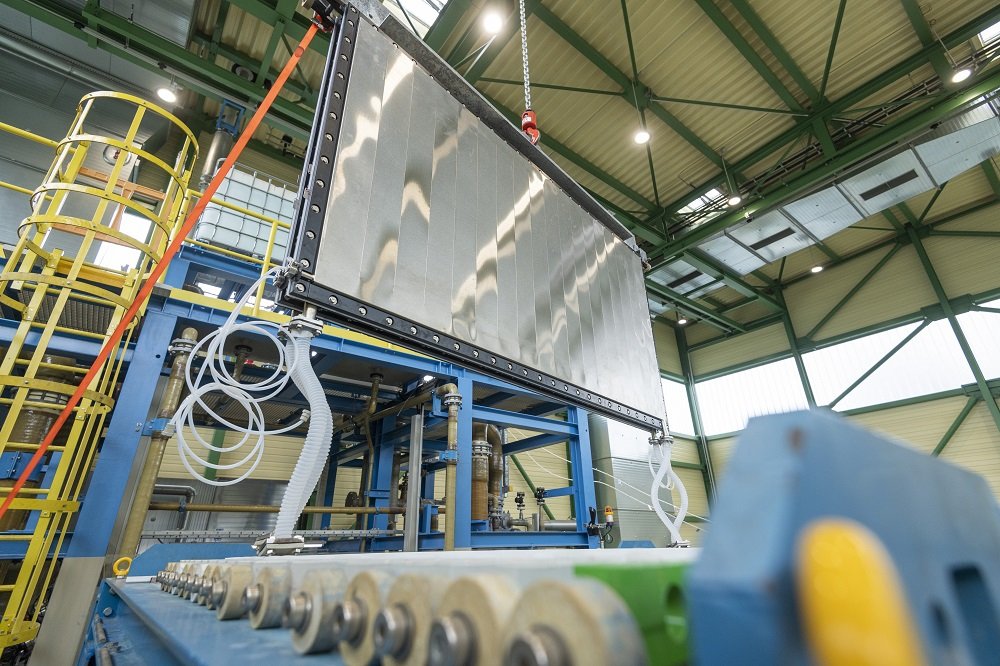Thyssenkrupp nucera said that the uncertainties around the green hydrogen market, which were already noticeable in the second quarter, persist. The company's executive board revised downwards the sales and earnings forecast for the coming 2024/25 financial year in the alkaline water electrolysis (AWE) business. “The known braking factors, such as regulatory and funding uncertainties, have not lost any of their negative force. Progress on the regulatory side is recognizable, but at the same time not yet sufficient to accelerate investment momentum again. The result is further delays to new projects on the customer side,” said thyssenkrupp nucera CEO Werner Ponikwar.
Shanghai Electric said that its latest Z-series alkaline electrolyzer technology will contribute to lowering the overall costs of green hydrogen. “Hydrogen production involves multiple segments and a long industrial chain, with cost being the primary challenge. Green hydrogen is more expensive than grey hydrogen, requiring solutions across production, storage, refueling, and usage. Our goal is to streamline the entire technology chain, driving industry-wide cost reductions,” said Wu Liang, chief engineer of Shanghai Bright-H Technology.
The European Commission approved Spanish and Dutch aid for hydrogen production. Last week, the European executive body approved a €750 million Dutch scheme to support investments in the decarbonization of industrial production processes, and gave the green light to a €1.2 billion Spanish initiative to support investments in the production of renewable hydrogen. This week, it approved a €998 million Dutch scheme to support the production of renewable hydrogen, and also found in line with EU rules an €80 million Dutch measure to support Djewels, a subsidiary of the hydrogen company HyCC, in demonstrating the feasibility of producing renewable hydrogen with an alkaline electrolyzer.
Air Products unveiled plans to build a network of permanent, commercial-scale hydrogen refueling stations (HRSs) in Europe, along major transportation corridors near the Trans-European Transport Network (TEN-T). “This vital infrastructure will help connect key locations across Europe and support the advancement of a safe and resilient hydrogen ecosystem,” said the Pennsylvania-based industrial gas company.
This content is protected by copyright and may not be reused. If you want to cooperate with us and would like to reuse some of our content, please contact: editors@pv-magazine.com.



By submitting this form you agree to pv magazine using your data for the purposes of publishing your comment.
Your personal data will only be disclosed or otherwise transmitted to third parties for the purposes of spam filtering or if this is necessary for technical maintenance of the website. Any other transfer to third parties will not take place unless this is justified on the basis of applicable data protection regulations or if pv magazine is legally obliged to do so.
You may revoke this consent at any time with effect for the future, in which case your personal data will be deleted immediately. Otherwise, your data will be deleted if pv magazine has processed your request or the purpose of data storage is fulfilled.
Further information on data privacy can be found in our Data Protection Policy.